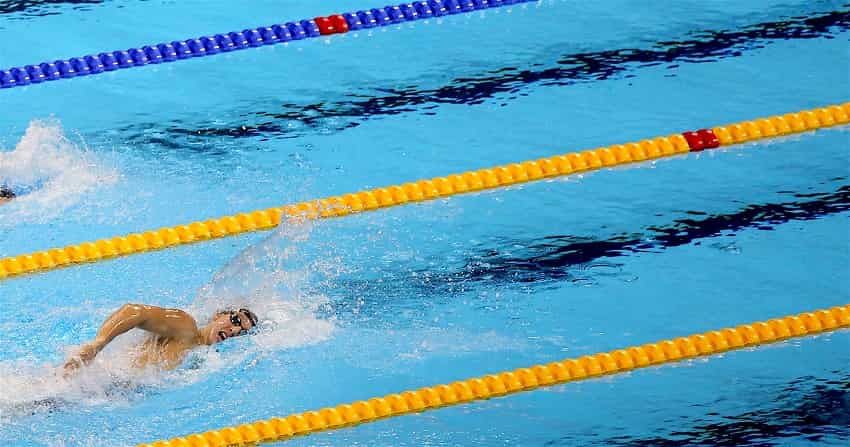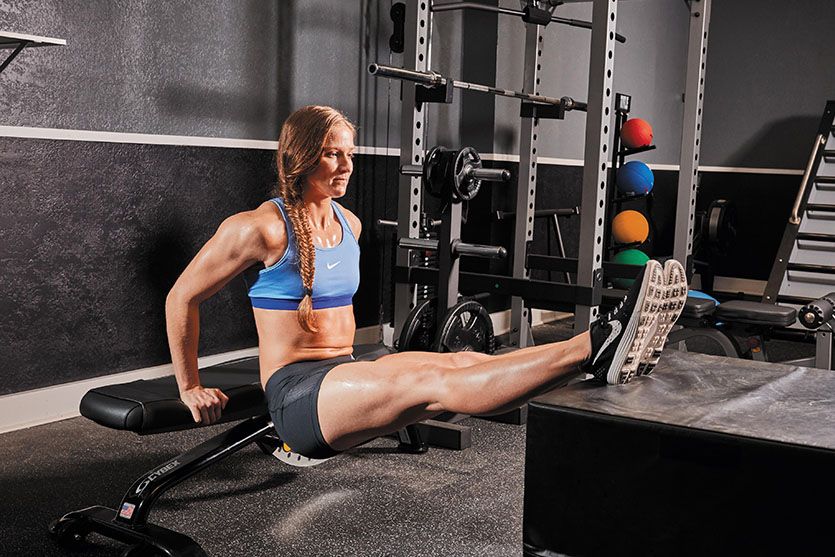
Swimming with Strength: Enhancing Endurance Performance
- 0
Swimming is a sport that requires not only great technique but also exceptional endurance. Whether you are a competitive swimmer or someone who simply enjoys swimming as a form of exercise, enhancing your endurance performance can greatly improve your overall swimming experience. In this article, we will discuss various strategies and techniques to help you swim with strength and maximize your endurance potential.
The Importance of Endurance in Swimming
Endurance is an essential component of successful swimming. It allows you to maintain a steady pace over longer distances and ensures that you can push through fatigue during intense training sessions or races. By enhancing your endurance, you will be able to swim for longer periods without feeling tired, which can greatly improve your performance and lead to better results in competitions.
Cardiovascular Training
One of the most effective ways to enhance endurance in swimming is through cardiovascular training. This type of training focuses on improving the function of your heart and lungs, allowing them to supply oxygen-rich blood to your muscles more efficiently. To incorporate cardiovascular training into your swimming routine, you can try different techniques such as interval training, long-distance swimming, and high-intensity interval training.
In interval training, you alternate between high-intensity swimming and low-intensity recovery periods. This helps to simulate the demands of a race and trains your body to recover quickly between intense swimming bouts. Long-distance swimming, on the other hand, focuses on building your stamina by gradually increasing the distance you swim over time. High-intensity interval training combines short bursts of intense swimming with periods of active recovery, challenging your cardiovascular system and improving your overall endurance.
Strength Training
While swimming predominantly relies on aerobic endurance, incorporating strength training into your routine can greatly enhance your performance. Strength training helps to build muscle strength and power, which can improve your swimming technique and overall efficiency in the water. It also helps to prevent injury and maintain good posture, which is essential for optimal swimming performance.
When it comes to strength training for swimming, focus on exercises that target the major muscle groups used in swimming, such as the shoulders, back, core, and legs. Incorporate exercises like lat pulldowns, bench presses, squats, and planks into your routine. Aim for two to three strength training sessions per week, making sure to allow for proper recovery between sessions.
Proper Nutrition and Hydration
Proper nutrition and hydration play a critical role in enhancing endurance performance in swimming. Fueling your body with the right nutrients and staying hydrated can significantly improve your stamina and energy levels during training and competitions.
For optimal endurance, ensure that you are consuming a balanced diet that includes an adequate amount of carbohydrates, proteins, and healthy fats. Carbohydrates are especially important as they provide the primary source of fuel for your muscles during intense swimming sessions. Incorporate whole grains, fruits, vegetables, and lean proteins into your diet to support your endurance goals.
Hydration is equally important. Dehydration can lead to fatigue, muscle cramps, and poor performance. Make sure to drink plenty of water before, during, and after your swim sessions. If you are training for longer periods or in hot weather, consider incorporating electrolyte-rich drinks to replenish the minerals lost through sweat.
Proper Technique and Efficiency
Lastly, improving your swimming technique and efficiency can significantly enhance your endurance performance. By focusing on proper stroke technique, body position, and breathing patterns, you can reduce drag in the water and conserve energy.
Consider working with a qualified swim coach to analyze and improve your technique. They can provide guidance on stroke mechanics, body roll, breathing timing, and other key aspects of efficient swimming. By making small adjustments to your technique, you can swim with greater ease and utilize your energy more effectively, ultimately enhancing your endurance.
Conclusion
Enhancing your endurance performance in swimming requires a combination of cardiovascular training, strength training, proper nutrition and hydration, and efficient technique. By adopting these strategies and techniques, you can swim with strength, improve your overall endurance, and ultimately enjoy a more fulfilling swimming experience.

